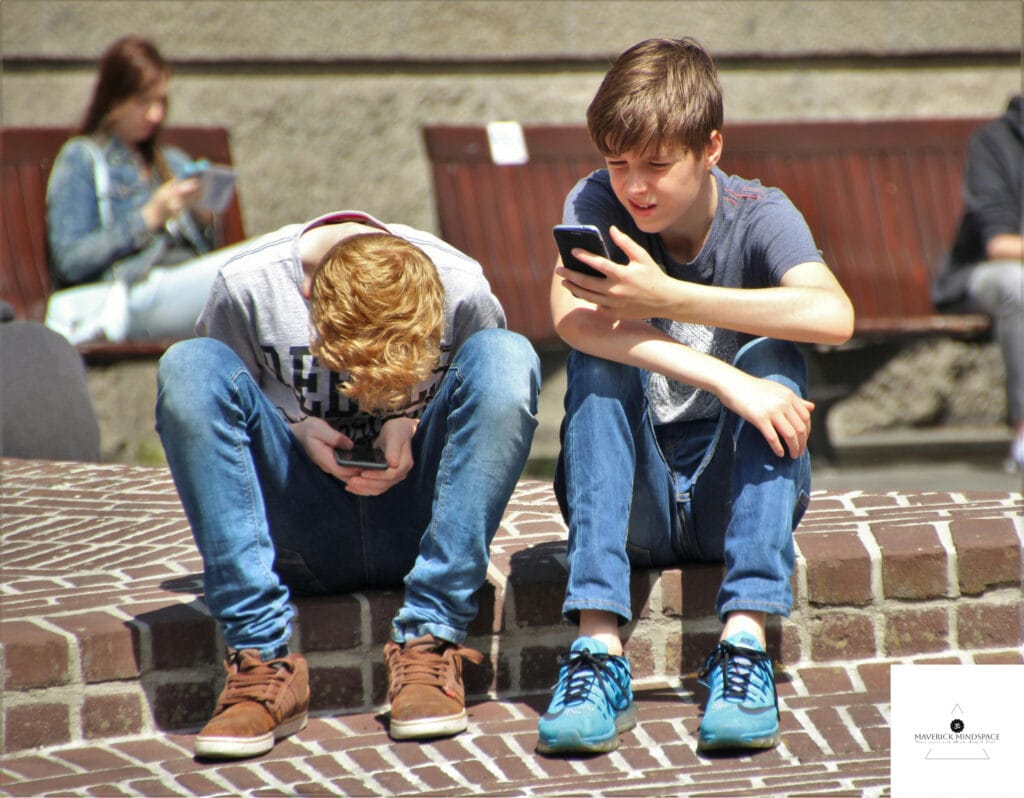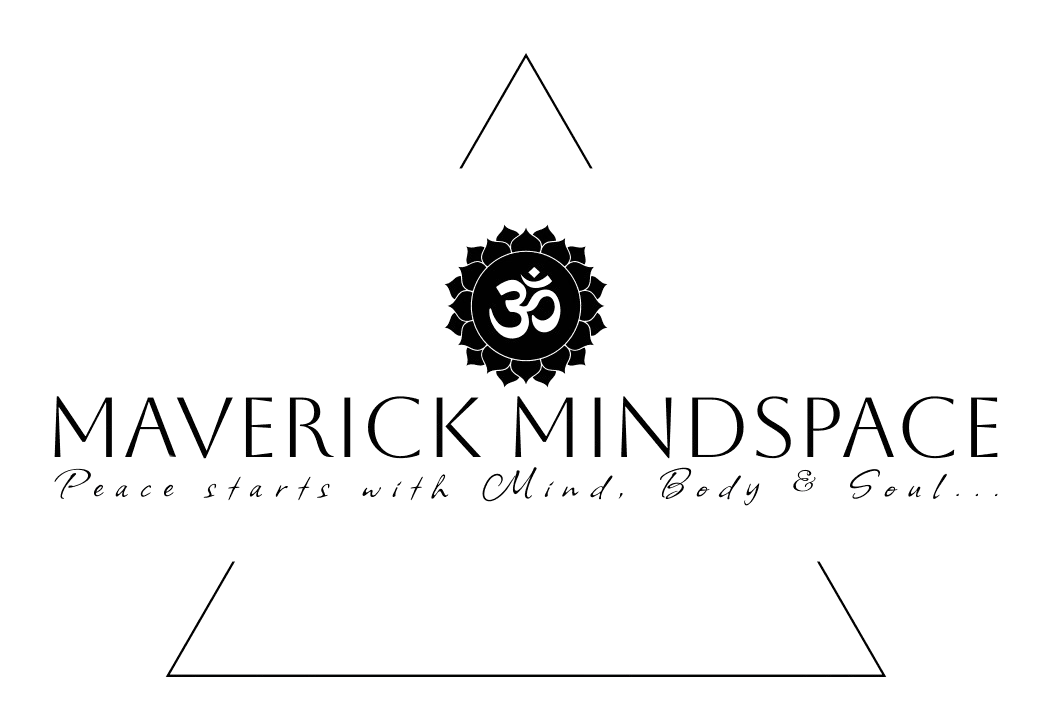In the 21st century which we can also call as Digital age we can be connected with people across the world in the blink of an eye. Technology has augmented tremendously that the physical reality is squeezing itself into the virtual/digital world.
For many of us, checking Instagram, Facebook, TikTok and other social media is a part of our normal routine. In 2024, there was an estimated 5.1 billion social media users worldwide. The average person spends 145 minutes on social media every day.
People are so engulfed in the blue screen on that level that they almost forget the real world is way more beautiful than the virtual one.
The physical connection, meeting with real people by sitting at cafes or at parks or at the gym now has been shifted to connecting with people through social media by typing a few messages.
The leisure time that people used to spend on extracurricular activities has been interchanged with spending hours and hours watching reels.
“Technology is a useful servant but a dangerous master.” — Christian Lous Lange
Let’s delve into how social media affects Mental Health, explore the challenges it poses, and uncover ways to leverage it for a healthier mind and spirit for this generation.
The Positive Side of Social Media
Social Media is a powerful tool if we use it wisely. It has a lot of positive impact on our lives when we don’t use it mindlessly. It is a powerful tool for connecting, for expressing and for learning.
1. Creating New Connections:
Social media helps people connect with people who are not just near but also with people who are far away. It helps us maintain long-distance relationships, share updates on our lives and connect with like-minded people.
A great example of this is during the disastrous time of COVID platforms like Zoho, Instagram, WhatsApp & lots of different tools helps people to get connected with each other and in sharing updates and news with each other.
2. Raising Awareness:
Social Media amplifies important issues and spreads awareness about mental health. Online communities offer support to those who might feel isolated.
It also helps in spreading news across globally so fast because it has more outreach to the younger generation.
Quote: “Social media is not just a tool for self-expression; it can be a platform for collective healing.”
3. Educational Opportunities:
Social Media helps a lot in sharing education-related material like YouTube and LinkedIn offering countless resources for personal and professional development, empowering users to grow and succeed.
The Negative Impact of Social Media on Mental Health :
Mental health issues among teens have been rising for more than a decade, and some experts wonder how much social media use is to blame for such issues. If you’re a parent questioning if—and how—you should monitor the way your teenager uses social media, you’re not alone.

1. Comparison and Low Self-Esteem:
Social Media is like a virtual screenplay where different users show curated versions of their lives. Constantly watching such things will add inadequacy to your life.
There is a famous concept of FOMO – Fear Of Missing Out. FOMO typically comes when you see your friends or any other acquaintance travel around the world or achieve greater milestones in their lives.
Some people can see the positive part of it and get inspired but most end users have negative perceptions of their life which will exhaust you mentally.
2. Addiction and Reduced Productivity:
Social Media is designed in such a way that it will make you addicted to it. The makers are taking the help of AI and recommendation engines and showing you curated content as per your interest.
We have never thought about how much time the Endless Scrolling takes of our lives which we may put into doing something productive for our life.
Example: Spending hours on Facebook or Instagram can lead to procrastination and regret afterwards.
Solution: We must put a strict time limit for such app usage and engage ourselves in doing other meaningful activities which will bring joy into our lives.
“Discipline is the bridge between goals and accomplishment.” – Jim Rohn
Time spent mindfully aligns you with your higher purpose, while distractions pull you away from inner peace.
3. Cyberbullying and Online Harassment:
Social media has become a breeding ground for negativity, including bullying, trolling, and harassment as people are rampantly using this nowadays to spread negativity.
People are attacking innocent people nowadays with hurtful comments, posts and even spreading nudity which can break the spirit of any person and will affect someone’s mental health very deeply.
Solution: We need to block and report abusive users, and engage with communities that promote positivity. Seeking professional help if needed is also necessary.
People should understand words carry energy. Choose spaces where words uplift rather than harm, aligning with the universal principle of love and compassion.
4. Sleep Disruption Caused by Social Media:
Social Media use especially at night can disrupt your sleeping pattern tremendously. Scrolling through feeds or constantly messaging stimulate the brain in such a way that it will be difficult to make it relax.
The blue light emitted by screens suppresses melatonin production, the hormone responsible for regulating sleep, leading to delayed sleep onset and poorer sleep quality at night, eventually affecting your Mental Health.
“Sleep is the Best Meditation.” — Dalai Lama
Solution:
- Set Digital Boundaries: Don’t use your mobile one hour before sleep
- Use Night Mode: Enable blue-light filters or warm light mode on devices to reduce their impact on sleep.
- Practice Mindfulness: Replace social media scrolling with calming activities like reading or meditation to prepare for sleep.
You can read my other article on 6 Proven Ways Meditation Transforms Your Mindset for Greater Peace and Clarity

Given the positive & negative effects of social media on mental health, here are some tips to help you use it in a way that enhances your Mental Health & Well-being:
- Limit Screen Time: Limit your social media use to a reasonable amount each day. The University of Pennsylvania study suggests 30 minutes per day as a beneficial limit.
- Be Mindful of Comparisons: Remember that people often share the best parts of their lives on social media. Avoid comparing your real life to others’ intentional posts.
- Take Breaks: Regularly disconnect and recharge from social media. Consider “digital detox” periods where you stay off social media entirely.
- Organise Your Feed: Follow accounts that inspire and uplift you. Unfollow or mute accounts that make you feel negative about yourself.
- Engage Positively: Use social media to connect with others, share positive messages, and seek support when needed.
- Seek Professional Help: If social media is causing significant stress, anxiety, or depression, consider speaking with a mental health professional.

Remember, true peace lies not in escaping technology but in mastering its use to serve your highest good. Disconnect to reconnect—with yourself and the world around you.
Social media is a powerful tool transforming how we connect and communicate. Its impact on mental health is a double-edged sword. While it offers numerous benefits, it’s essential to be mindful of its potential negative impacts on mental health.
While it can create stress, anxiety, and disconnection, it also holds the potential to foster connection, awareness, and growth. By setting boundaries, engaging mindfully, and prioritizing real-world interactions, you can transform social media into a tool for well-being.



3 thoughts on “7 Powerful Ways Social Media Impacts Your Mental Health and How to Take Control”
Nice content…
Very nice
Very nice article